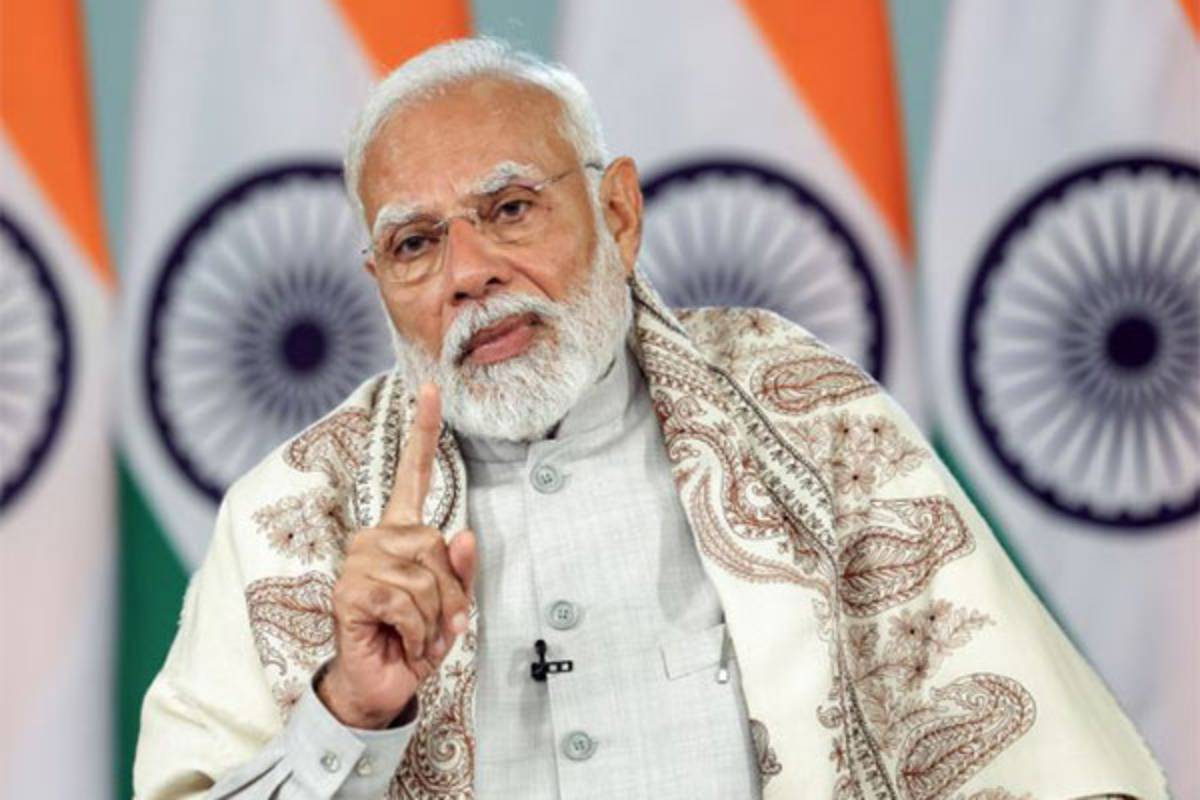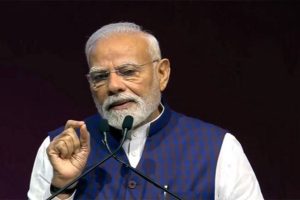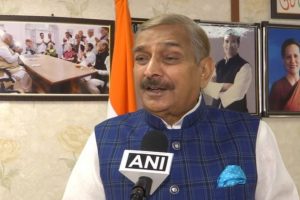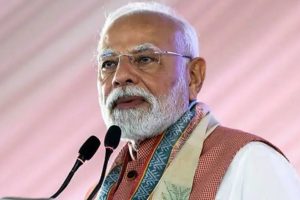Prime Minister Narendra Modi on Saturday targeted the ‘Lutyens’ Jamaat’ and ‘Khan Market Gang’ for their silence on outdated British-era laws, including one that allowed police to arrest the groom and others if 10 or more people danced together at a wedding. Speaking at the NXT Conclave 2025 in New Delhi, Modi questioned why those who often take to the courts with Public Interest Litigations (PILs) did not speak out against such laws earlier.
The Prime Minister pointed out that the law, known as the Dramatic Performances Act, was introduced by the British 150 years ago and remained in place for 75 years after India’s independence. He added that under this law, police could arrest anyone caught dancing with more than 10 people at a wedding. “Our government abolished this law,” he said.
Modi further reflected on the criticism he would have faced had he been the one to bring forward such laws. “Had Modi brought such a law, just think what would have happened. Even if trolls spread false information, they would have set fire to the issue,” he remarked, highlighting the contrast in reactions between his government and previous administrations.
The Prime Minister also emphasized that in the past decade, the Union government had repealed nearly 1,500 outdated laws, many of which were colonial-era legislations. One such law, which criminalized the cutting of bamboo, was also revoked, as the government recognized bamboo was not a tree and should not fall under tree-related regulations.
PM Modi also highlighted his government’s focus on technology and education reforms, including the introduction of coding for middle school students as part of the National Education Policy. He further mentioned the expansion of Atal Tinkering Labs and the government’s plans to launch 50,000 such labs to foster innovation in emerging technologies like AI and data science.
In addition, the Prime Minister spoke about how the government’s push for electrification led to over 2.5 crore households gaining electricity for the first time. The surge in electricity demand boosted the consumption of digital devices, which has been further accelerated by affordable data plans, creating opportunities for India to become a major exporter of electronics.
He also emphasized India’s growing role in the global supply chain, noting that the country has moved from being referred to as the “back office” of the world to becoming the “new factory.” Modi cited examples of Indian agricultural products, like Pulwama snow peas and Kashmir’s cricket bats, gaining international demand, reflecting the success of India’s export-driven policies.





